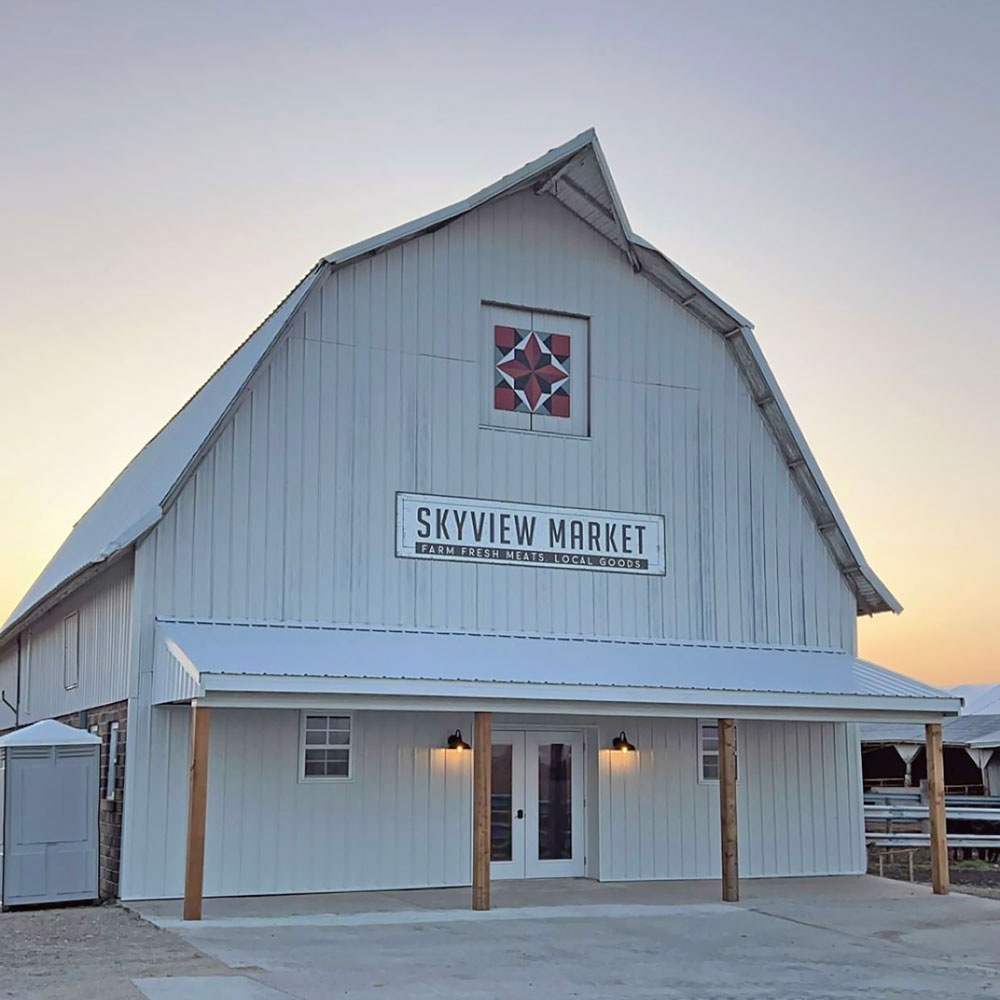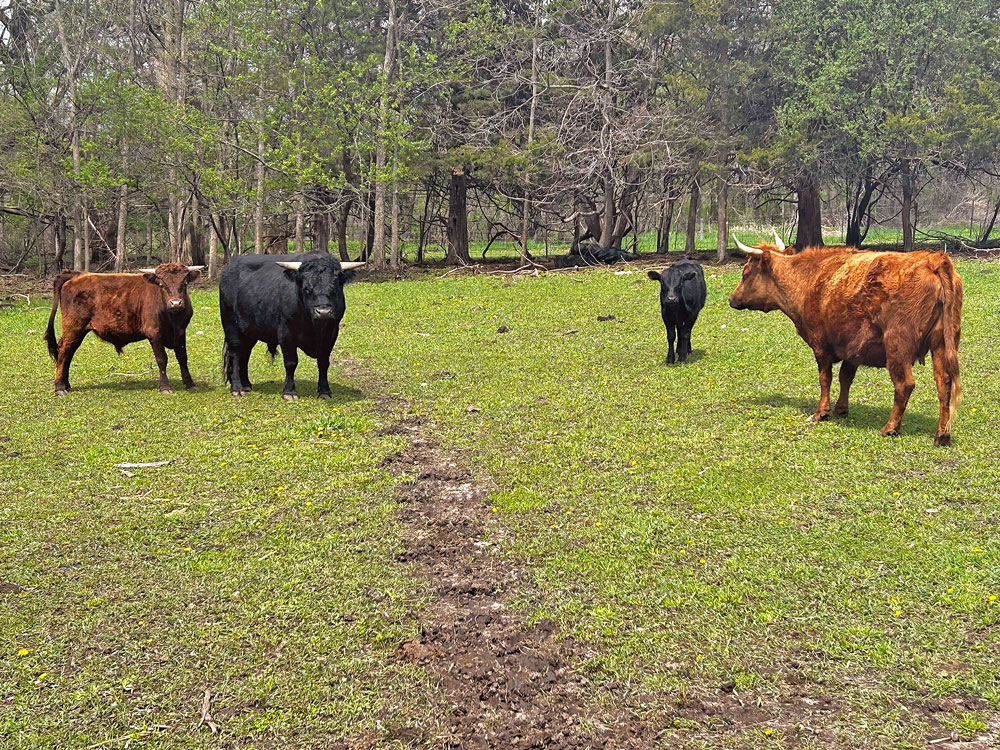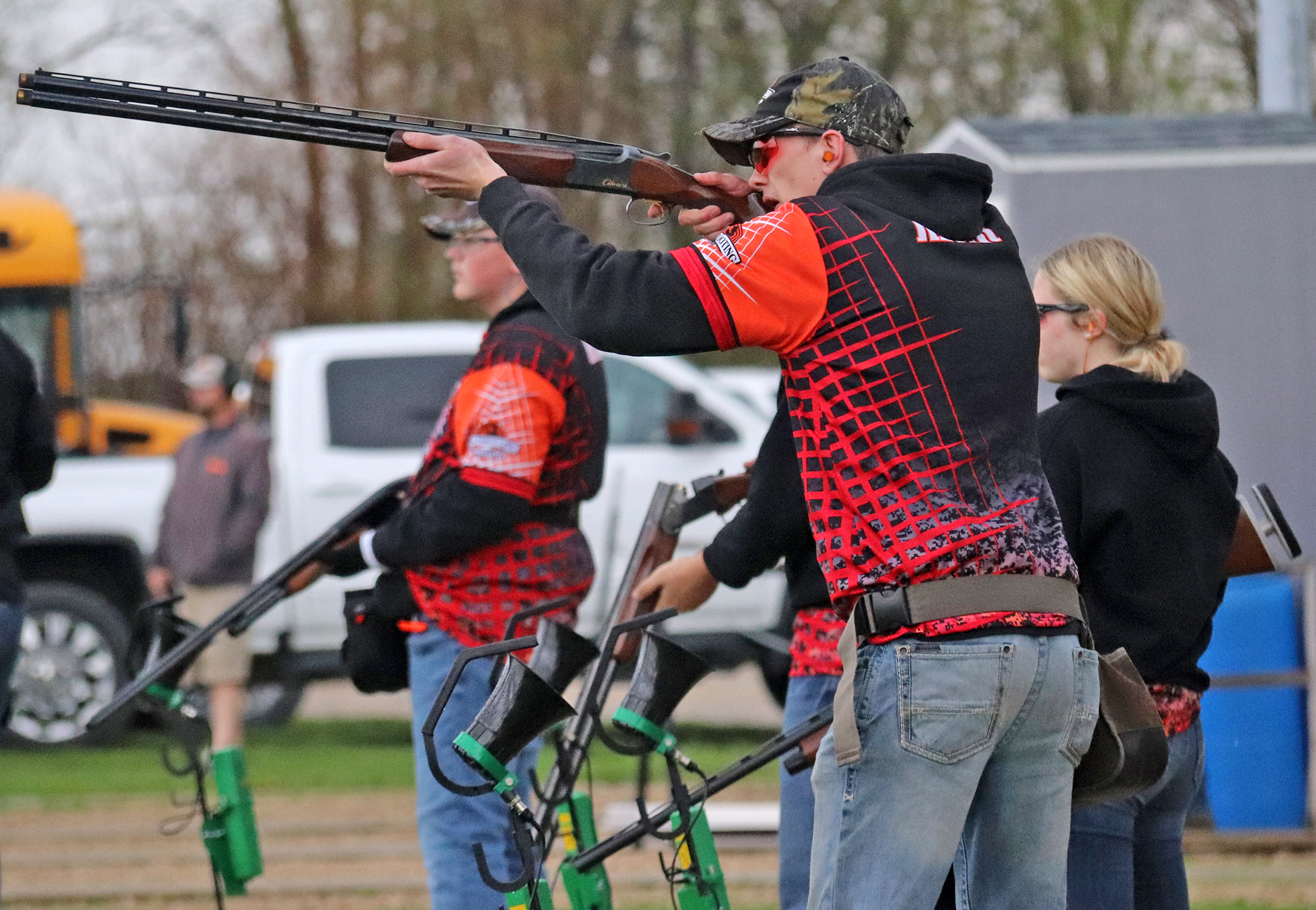Charles City asking voters to renew local option sales tax with split revenue use

By Bob Steenson, bsteenson@charlescitypress.com
The Charles City Council made it official Monday evening, voting to change the way a portion of local option sales tax revenue can be used by the city if the tax is approved by voters for another 10 years.
The ballot language the council approved for the special election that will take place March 1, 2022, says the tax would be used, “Not less than 90% for funding street and road construction and repair. Not more than 10% for public safety.”
Although the ballot language was passed unanimously by the five council members, there was some hesitancy, coming from a fear that a change in revenue usage could reduce the chance of the local option sales tax (LOST) vote passing.
When the topic first came up at a council planning session Oct. 25, there was near unanimous support among the council members for dedicating the LOST revenue 100% for city streets, just as it has been used since the tax first started in 2004.
At that Oct. 25 meeting, City Administrator Steve Diers called the LOST “a critical part of our city operations,” noting that the city has completed more than $20 million in street and road projects over those years — projects that would have had to be paid through some other source or not done at all without the LOST revenue.
But Diers said he is also concerned that the city has about $160,000 in additional expenses for the Charles City Police Department coming in the next fiscal year, because of pay and benefits increases the City Council approved earlier this year to help attract and retain officers to the force.
And in the next year of the AMR contract, the city’s responsibility will be $100,000 to help pay for ambulance services.
Neither of those expenses is attached to any revenue source to pay for them, Diers said, and cuts in other areas of the city budget could be required to come up with the funds.
“I think it is worth considering assigning about 10% of the future LOST funds to go to one or both of these services to offset the added costs,” Diers said at that earlier meeting. Ten percent of the current LOST annual revenue would be about $100,000.
All the council members initially favored keeping the LOST revenue entirely for streets, saying that makes it easy to show potential voters what the tax has accomplished over the years, and easy to explain what it would continue to be used for.
However, as the discussion continued at subsequent council meetings, and as the city’s budget situation began to become more focused, the council members eventually agreed to allocate up to 10% of the LOST revenue for public safety, which could be the Police Department, the ambulance contract or shared between them.
“I was thinking about this since we had our meeting last week,” said council member Jerry Joerger at the meeting Monday evening. “This is an area we went into as individual councilmen pretty strong as to what we felt — 100% street.”
But, he said, regarding the change in language, “I think this is good. It doesn’t give everything that I was in favor of …, but I think it’s a good compromise. We know coming at us in the next budget, the public safety is going to be a real hit, because we’re going to have to provide that. We don’t have the tax strength to do that in our current tax situation.”
Joerger said, “I don’t agree with it 100%, but I do think it’s a good compromise and something we have to do.”
Council member DeLaine Freeseman said, “I think it’s imperative that if we vote and move forward in this manner that we need to put a committee together or put some people together here to really start getting out and promoting this thing. We do not want to wait until the last minute, because I think this needs to be very well vetted and very well put forth in the public.”
Mayor Dean Andrews said, “Education is the key.”
Freeseman said, “We need to get to every meeting and everything that we can to try and promote this. I’m in Jerry’s camp, and I hope that I’m wrong. I hope this passes with flying colors, but I still have some concerns if it’s the right thing to do.”
The tax, which is a 1% charge on all goods sold in or delivered to Charles City, currently brings in about $1 million a year for the city.
Most of every county in Iowa and almost every city — with the notable exceptions of Ankeny, Coralville and Iowa City, along with several much smaller cities — have a 1% local option sales tax in addition to the state 6% sales tax, totaling the 7% sales tax charged whenever most purchases are made.
According to the Iowa Department of Revenue, in 71 counties every city and the rural area have a LOST. In 28 counties there are areas that do not have the LOST.
The current Charles City LOST will expire Dec. 31, 2022. If a new LOST is passed, it will take effect Jan. 1, 2023.
Council members noted that if the local option sales tax was voted down at the special election March 1, there would be one more chance for another special election, in September, to try again, perhaps with the language changed back to 100% used for streets and roads.
Floyd County’s rural area LOST also expires at the end of next year, and the county rural voters will also be asked at the special election held March 1 to approve the tax for another 10 years. The county proposes continuing to dedicate 100% of its LOST revenue to county secondary road uses such as road and bridge construction and maintenance.
Also at the meeting Monday, the City Council:
• Approved closing the Main Street Bridge and the intersection of Main and North Jackson streets and Main and Court streets for half an hour between 6:45 and 7:15 p.m. on Saturday, Nov. 27, to set off fireworks as part of the kickoff for Santa’s Shining Lights in Central Park and other events planned through the holiday season.
• Removed “no parking” restrictions around the former middle school at 500 N. Grand Ave. that were in place from when that building was being used for daily school classes. Now, with the older part of the building along North Grand Avenue being developed for private residential apartments, and much of the newer part of the building being renovated as the new location for TLC: The Learning Center child care facility, those parking restrictions are no longer needed, said City Engineer John Fallis.
• Certified the city’s needs for tax increment financing (TIF) revenue for economic development uses in the various TIF urban renewal districts in the city: Southwest Bypass, Riverside, South Grand and Park Avenue.
• Approved the latest payment request for construction of the city’s new water resource and recovery facility (WRRF) for almost $202,000, bringing the total for the project so far to slightly over $15 million paid to Portzen Construction Inc. The total price for the project, which is nearing completion and is now being used to treat city wastewater, will be about $19 million, Diers said.
• Heard from Diers that the city might apply for another Water Quality Initiative through the Iowa Department of Agriculture and Land Stewardship, to be used to help install permeable pavers in the area around the edible arboretum established by Main Street Charles City’s community garden group near Immaculate Conception Elementary School.









Social Share